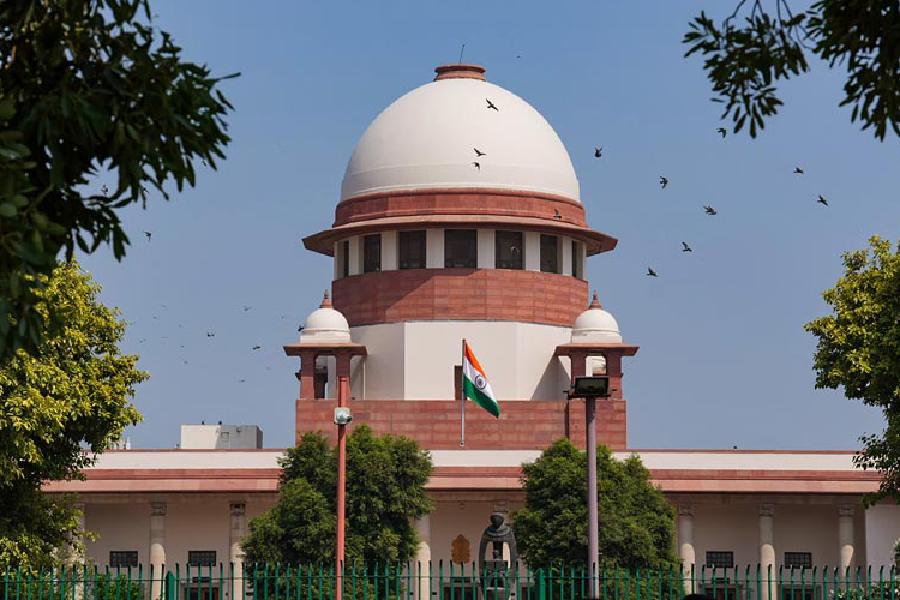The Supreme Court said on Monday though democracy and federalism are basic features of the Constitution, there are certain ‘unitary’ characteristics in the constitutional structure which provide overriding powers to the Centre including those related to formation of union territories.
The observations were made in the judgement penned by Chief Justice D Y Chandrachud on behalf of himself and justices B R Gavai and Surya Kant on a batch of pleas challenging the abrogation of Article 370 that bestowed special status on the erstwhile state of Jammu and Kashmir.
The five-judge constitution bench headed by the CJI, in its landmark verdict on Monday, unanimously upheld the Centre's decision to abrogate the provisions of Article 370, and directed restoration of its statehood "at the earliest" and holding of elections to the assembly by September 30 next year. The apex court passed three separate but concurring judgements.
Justice Chandrachud, in his 352-page leading judgement, dealt with the challenge to the Reorganisation Act under which two Union Territories – Jammu and Kashmir and Ladakh -- were carved out of a full fledged state.
The pleas had challenged the Act on various grounds including that it was enacted without fulfilling the prerequisites in Article 3 which does not empower Parliament to extinguish the character of a state in its entirety.
Article 3 authorises Parliament to create regulation concerning formation of new states, alteration of gift states, arrears, boundaries and alter the names of existing states.
Dealing with the submissions and their counter, the CJI said, “Democracy and federalism are basic features of the Constitution. The term ‘federal’ is used to indicate the division of powers between the Union or Central Government and the State Governments. While there are certain ‘unitary’ characteristics present in the constitutional structure in terms of which the Union Government has overriding powers in some situations, the existence of federal elements in the form of governments envisaged by the Constitution is a cornerstone of the polity.” The verdict said states neither derive powers from the Union Government nor do they depend upon the Centre to exercise their powers under the structure of the Constitution.
It also said the division of legislative and executive competence between the Union and the federating states and the independence conferred on the latter in their own sphere furthers representative democracy.
“The existence of States is therefore essential to the constitutional project of democracy and federalism. Why, then, does the Constitution envisage Union territories? What purpose do they serve? The following segment considers these questions,” the bench said and then proceeded to give reasons for creation of UTs and the Centre’s power to do so.
The states were to be the primary constituent units and were autonomous, it said, adding that a Commission had said that some states were not “viable administrative units”.
“The Commission recommended that some territories remain under temporary central supervision and envisaged that they too would become fully autonomous (either by merging with an adjoining state or otherwise),” the court said.
Union territories, it said, were created when certain areas were not ‘viable administrative units’ and did not have requisite resources to sustain themselves.
“In addition, strategic, security, or other compelling reasons could play a role in the decision to create a Union territory. Regardless of the category into which they were initially slotted, the recommendations of the Commission evince its opinion that most Union territories or other centrally supervised territories were on a journey towards becoming viable administrative units and attaining autonomy...,” the apex court added.
Except for the headline, this story has not been edited by The Telegraph Online staff and has been published from a syndicated feed.










